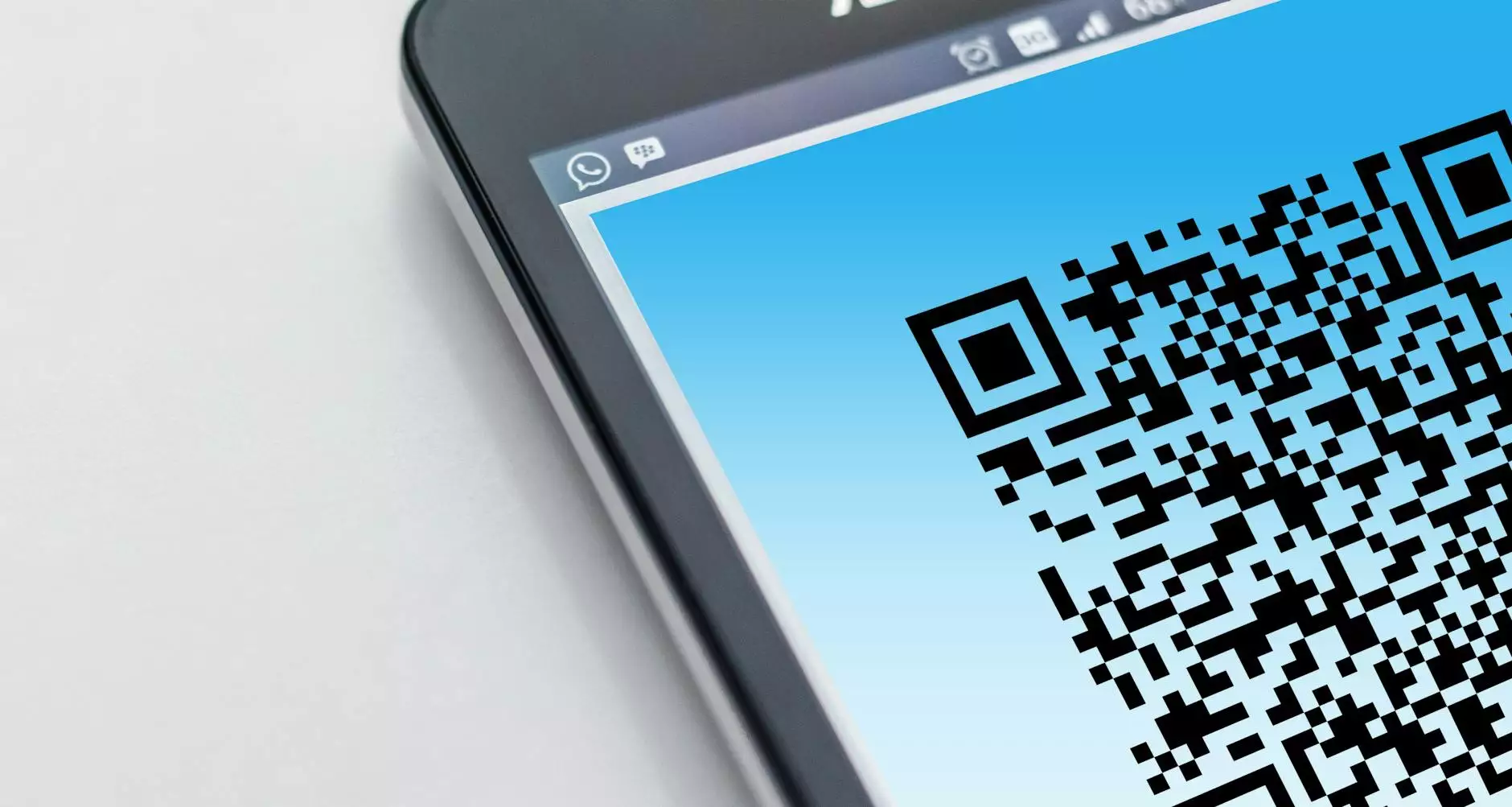Understanding the Importance of Healthcare Billing Certification

In the rapidly evolving landscape of the healthcare industry, one aspect remains critically important: healthcare billing certification. As the backbone of revenue cycle management, professionals specializing in healthcare billing ensure that healthcare providers are compensated for their services. This article delves deep into what healthcare billing certification entails, its importance, and how it can pave the way for a rewarding career in the healthcare sector.
What is Healthcare Billing Certification?
Healthcare billing certification is a formal recognition that a professional has acquired the necessary knowledge and skills to navigate the complexities of medical billing and coding. This certification demonstrates proficiency in key areas such as:
- Medical Coding: Understanding how to convert healthcare diagnoses, procedures, medical services, and equipment into universal medical alphanumeric codes.
- Insurance claim processing: Knowledge of how to prepare and submit claims to insurance companies.
- Billing and collection procedures: Familiarity with the steps involved in collecting payments for medical services rendered.
- Healthcare regulations: Understanding state and federal healthcare laws that affect billing practices.
The Growing Need for Certified Healthcare Billers
As healthcare facilities grow in both number and complexity, the demand for certified billing professionals continues to surge. The U.S. Bureau of Labor Statistics projects robust growth in the medical billing and coding field, fueled by an increasing emphasis on accurate billing to reduce fraud and ensure the sustainability of healthcare providers. Hospitals, clinics, and other healthcare organizations are all involved in a moving landscape that requires adept billing professionals to manage the intricacies of their operations. With proper certification, professionals can expect numerous benefits, including:
- Increased Job Opportunities: Certified individuals often have a leg up in securing employment compared to non-certified peers.
- Higher Earning Potential: Certifications can result in a higher salary, as well-certified individuals are recognized for their expertise.
- Career Advancement: Many healthcare organizations prefer or require certification for promotion opportunities.
- Professional Development: The pursuit of certification encourages continuous learning and skill enhancement.
Types of Healthcare Billing Certifications
Several organizations offer unique certifications tailored to the needs of healthcare billing professionals. Here are some of the most recognized certifications in the industry:
- Certified Professional Coder (CPC): Offered by the American Academy of Professional Coders (AAPC), this certification focuses on coding knowledge across different medical specialties.
- Certified Billing and Coding Specialist (CBCS): The National Healthcareer Association (NHA) offers this certification, emphasizing both billing and coding skills necessary for proper claim submission.
- Certified Revenue Cycle Specialist (CRCS): Achieved through the Healthcare Financial Management Association (HFMA), this certification covers broader revenue cycle management topics.
- Certified Healthcare Billing Specialist (CHBS): This certification by the American Academy of Professional Coders (AAPC) focuses specifically on billing practices and revenue cycle management.
How to Obtain Healthcare Billing Certification
Achieving a healthcare billing certification involves several steps, which are essential to effectively prepare for the certification exam:
- Build a Strong Foundation: Before considering certification, prospective billers should gain foundational knowledge in medical terminology, anatomy, insurance processes, and coding systems.
- Choose the Right Certification Program: Research available certification programs and select the one that aligns best with your career goals.
- Complete Required Education: Many programs require completion of formal education. This can include associate degrees, specialized training programs, or specific courses.
- Study and Prepare: Use study guides, practice exams, and review courses to solidify knowledge of concepts covered in the exam.
- Schedule the Exam: Register for the certification exam, and ensure that you are prepared on the day of the test.
- Maintain Your Certification: After obtaining certification, stay current on industry changes and renew your certification as required.
The Role of Technology in Healthcare Billing
Technology plays a significant role in modern healthcare billing. The advent of healthcare information management systems has transformed how billing is processed. Key technologies include:
- Electronic Health Records (EHRs): EHRs integrate clinical information with billing data, streamlining the billing process.
- Practice Management Software: These tools manage day-to-day operations of healthcare practices, including appointment scheduling, patient information, and billing.
- Claim Processing Software: Software providers offer solutions to automate the claims submission process, reducing errors and improving efficiency.
Professionals with healthcare billing certification often have the skills necessary to navigate these technologies effectively. Understanding how to leverage such tools can lead to improved accuracy in billing and faster reimbursement cycles.
Challenges in Healthcare Billing
The world of healthcare billing is not without its challenges. Here are some of the common obstacles that certified professionals face:
- Regulatory Changes: Constant changes in healthcare regulations can be difficult to keep up with, requiring continuous education and adaptation.
- Complex Coding Systems: The complexity of coding systems such as ICD-10, CPT, and HCPCS Level II can lead to errors if not understood properly.
- Insurance Denials: Dealing with claims that are denied by insurance companies demands persistence and a thorough understanding of denial management.
- Patient Billing Issues: Communicating effectively with patients about their bills can be challenging, particularly with high deductibles and various payment plans.
Future Trends in Healthcare Billing
The future of healthcare billing appears poised for continued evolution, influenced by technology and changing regulations. Some future trends include:
- Telemedicine Billing: With the rise of telehealth, billing practices will increasingly incorporate remote visits and reimbursement for virtual care.
- Value-Based Care: The shift from fee-for-service to value-based models will alter how services are billed, focusing on outcomes rather than volume.
- Automation and AI: The integration of artificial intelligence in billing can expedite processes and minimize human error.
- Enhanced Patient Engagement: Increased transparency in pricing and patient communication will likely lead to higher patient satisfaction and payment rates.
Conclusion
In conclusion, obtaining a healthcare billing certification can significantly enhance your career in the vibrant world of healthcare. With the right skills and credentials, you can contribute to the financial health of healthcare providers and help them navigate the complexities of billing and coding. As the demand for healthcare services continues to grow, so does the need for skilled professionals who can ensure that these providers thrive in a complicated economic landscape. By investing in education and certification, you not only enhance your career prospects but also play a vital role in the healthcare system.
For professionals seeking opportunities in the healthcare billing sector, obtaining certification is a crucial step forward. Explore different certification options today and become a vital part of this indispensable field.









